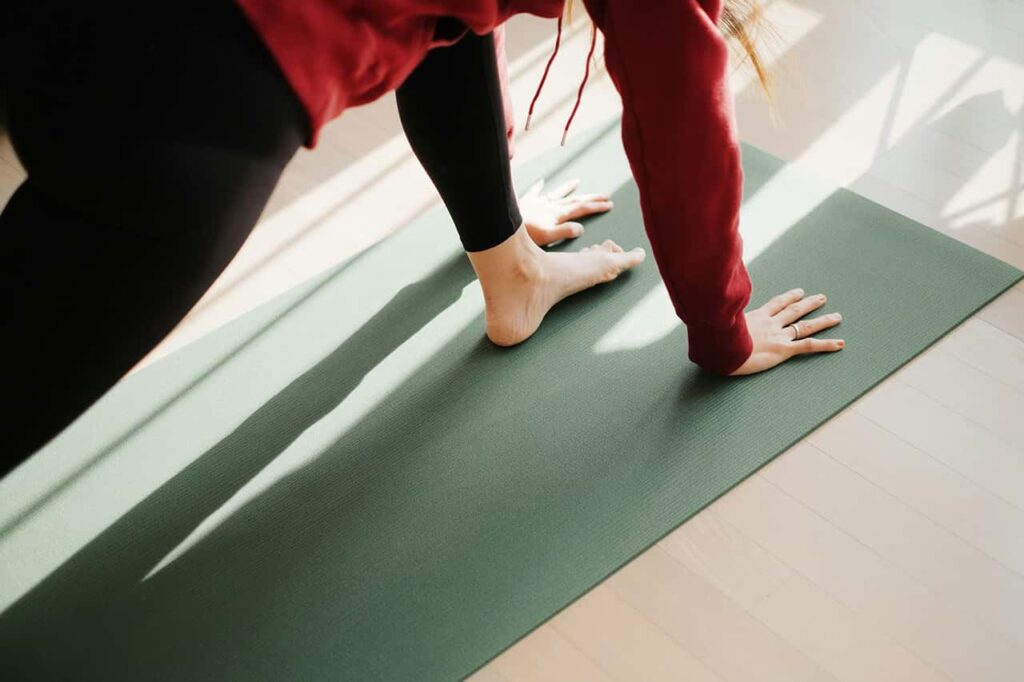
In today’s fast-paced world, stress has become an inevitable part of our daily lives. From demanding work schedules to personal commitments, it’s easy to feel overwhelmed and mentally drained. However, amidst the chaos, there exists a sanctuary for both the mind and body – Pilates. More than just a form of exercise, Pilates has been praised for its ability to enhance mindfulness and reduce stress levels. Let’s delve into how this centuries-old practice can help you find tranquility in the midst of life’s storms.
Mindfulness is the practice of being present and fully engaged in the moment, without judgment or distraction. It involves paying attention to your thoughts, feelings, and sensations as they arise, fostering a greater sense of self-awareness and acceptance. By cultivating mindfulness, individuals can better cope with stress, anxiety, and other challenges that life throws their way.
Pilates is the complete coordination of mind, body, and spirit.
Joseph Pilates
Pilates, developed by Joseph Pilates in the early 20th century, focuses on strengthening the core muscles, improving flexibility, and enhancing overall body awareness. Unlike traditional forms of exercise that prioritize quantity over quality, Pilates emphasizes precision and control in movement, encouraging practitioners to connect mind and body in every motion.
Breath and Flow
Central to the Pilates practice is the coordination of breath with movement. By synchronizing inhalation and exhalation with each exercise, practitioners learn to deepen their breath, which in turn calms the nervous system and promotes relaxation. This mindful breathing technique not only increases oxygen flow to the muscles but also clears the mind of distractions, allowing for a deeper sense of focus and presence.
Pilates movements are performed with a heightened sense of body awareness. Practitioners are encouraged to pay attention to alignment, muscle engagement, and sensation, fostering a deeper connection between mind and body. As individuals become more attuned to their physical selves, they also develop a greater appreciation for their bodies’ capabilities and limitations, reducing self-criticism and promoting self-compassion.

The mindful nature of Pilates makes it an effective tool for stress reduction. By focusing on the present moment and letting go of worries about the past or future, practitioners can experience a sense of calm and relaxation during their practice. Additionally, the physical benefits of Pilates, such as improved posture, reduced muscle tension, and increased energy levels, further contribute to stress relief by promoting a sense of well-being and vitality.
Beyond the Pilates studio, mindfulness can be integrated into daily life through simple practices such as mindful breathing, body scanning, and conscious movement. By bringing awareness to everyday activities, individuals can cultivate a greater sense of presence and resilience in the face of stressors. Whether it’s taking a mindful walk, savoring a meal, or practicing gratitude, mindfulness offers endless opportunities for personal growth and stress management.
Conclusion
In a world filled with constant distractions and demands, Pilates offers a sanctuary for the mind and body. By integrating mindfulness principles into its practice, Pilates not only strengthens the physical body but also nurtures mental clarity and emotional well-being. Whether you’re a seasoned practitioner or new to the practice, embracing the mindful nature of Pilates can lead to profound transformations in both your physical and mental health. So roll out your mat, take a deep breath, and embark on a journey of self-discovery and inner peace through the transformative power of Pilates.
